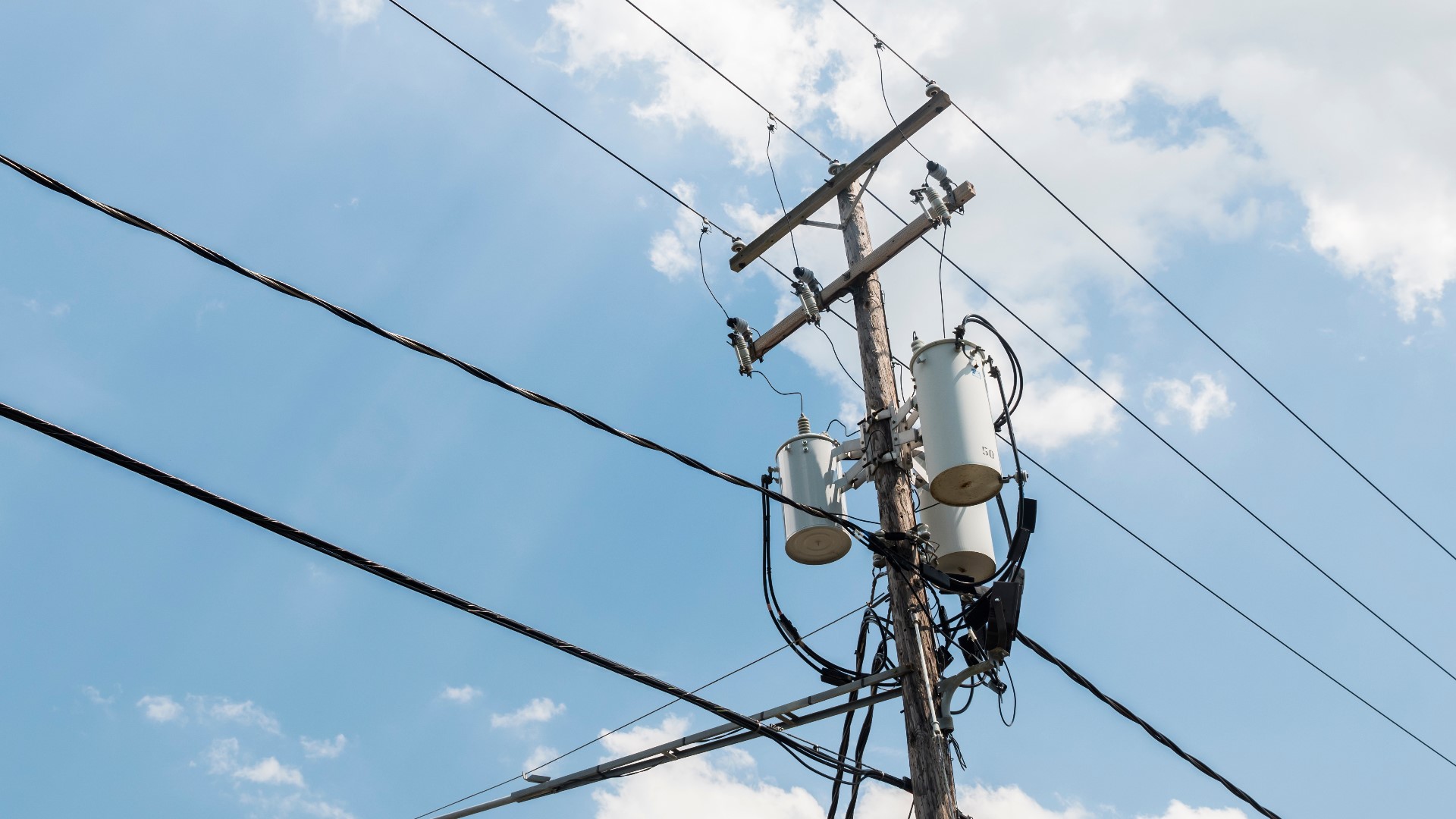PORTLAND, Ore. — As parts of Oregon and Washington face extreme fire danger this weekend, people can expect to see hazy skies on Friday and Saturday due to strong winds blowing in smoke from wildfires around the region.
The National Weather Service (NWS) in Portland said on Twitter that the smoke may be especially visible on Saturday across northwest Oregon and southwest Washington.
The Oregon Department of Environmental Quality (DEQ) and Lane Regional Air Protection Agency (LRAPA) issued an air quality advisory for that area. The advisory is in effect now through at least Saturday and impacts the following counties: Coos, Curry, Deschutes, Douglas, Jackson, Josephine, Klamath, Lake, Lane, Umatilla, Union and Wallowa.
The NWS in Spokane shared a weather model on Twitter showing east winds carrying smoke from wildfires in Oregon and central Idaho westward on Friday.
"Some of the smoke will lift which can potentially improve air quality, at least temporarily in the afternoon," the agency wrote in the tweet. "Locations downward of fires tend to hang onto smoke longer unfortunately."
How to check the air quality in your area
The DEQ and partner agencies monitor smoke levels and provide reports on how clean the air is and any potential health risks.
People who want to know what the air quality in their neighborhood looks like can visit the Air Quality Index (AQI) interactive map on the DEQ website. The map uses a color-coded system ranging from "Good" (labeled by green dots), which means air pollution posts little to no risk, to "Hazardous" (labeled by maroon dots), meaning air quality is unhealthy for everyone.
The Environmental Protection Agency also has an online tool where people can type in their zip code, city or state to view the air quality index.
RELATED: Multiple Oregon schools districts cancel classes Friday due to public safety power shutoffs
How to protect yourself from smoke
Smoke can irritate the eyes and lungs. People most at risk include infants, young kids, older adults and people with certain medical conditions such as heart or lung disease.
The DEQ recommends people take precautions when smoke levels are high:
- Stay indoors and keep windows and doors closed
- Avoid outdoor activities
- Use high-efficiency particulate air (HEPA) filters in indoor ventilation systems or portable air purifiers
The DEQ notes that cloth, dust and surgical masks don't protect people from harmful particles in smoke. A particulate respirator marked with the word "NIOSH" can help prevent smoke exposure.

